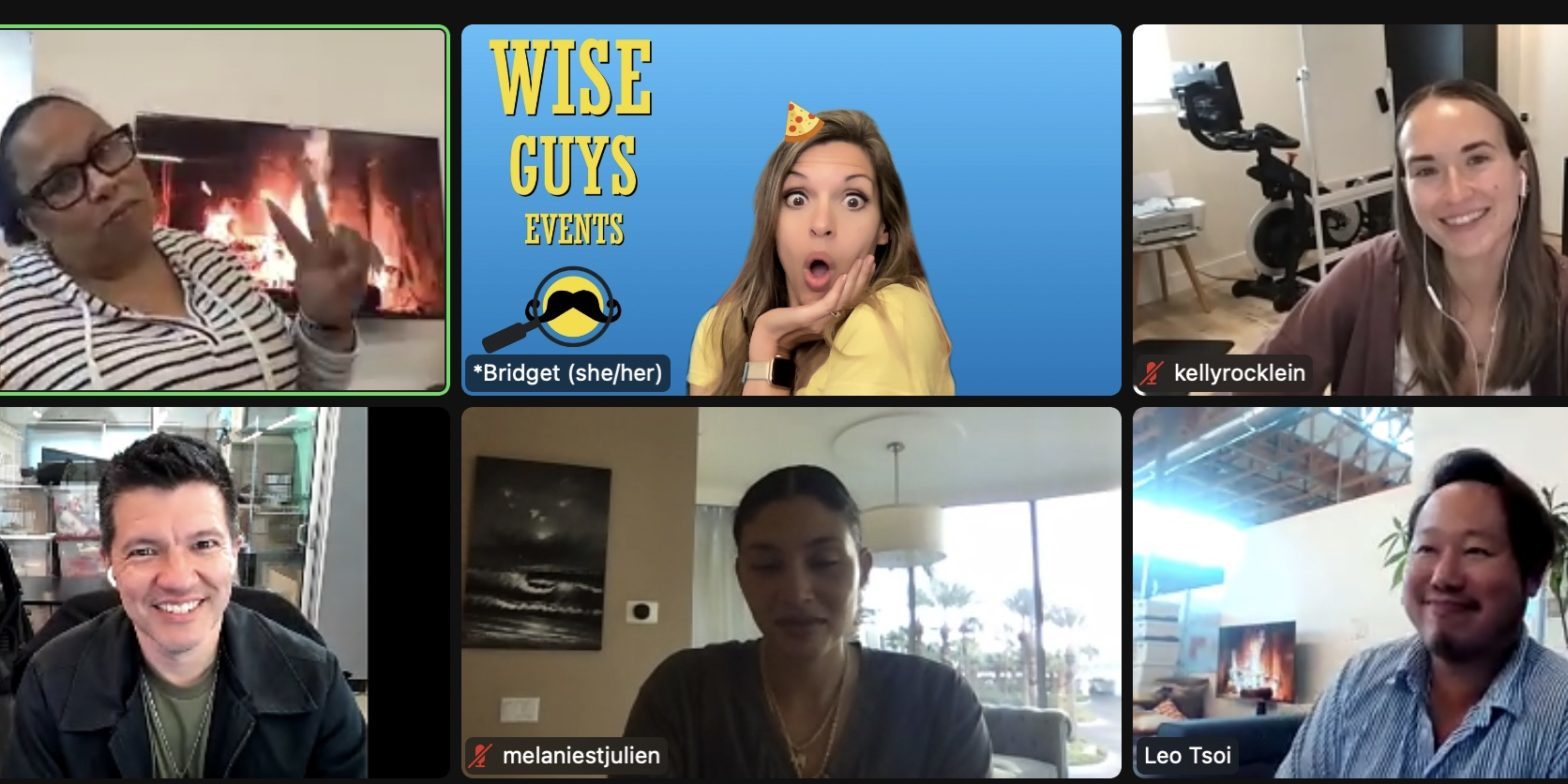Here’s how to build corporate culture remotely
If you find yourself caught unprepared in an understatement competition, here’s a little gem you can use: “Everything changed two years ago.” The whole crowd will go, “I KNOW, RIGHT?” Few workplaces are what they used to be. For many, it’s virtually unrecognizable, with the emphasis on “virtual.” Plying your trade at the dining room table used to just be for pioneer days, but we’re all pioneers now. Wi-fi pioneers.
Whether it’s all-remote or hybrid, your workplace has changed, and if you don’t change the practices of the culture, you’re heading for trouble. Why? Because disengaged workers leave and replacing them is expensive. Here are some tips to help give your workplace culture the jolt of vitality it needs to foster cohesiveness. Consider it a “booster shot” for your business..
-
Decide what corporate culture means to you
Is “culture” a buzzword? Does it run the risk of becoming a bankrupt concept? Is it an abyss that peers back into you? The answer to all of these is yes (are you taking notes?). But that doesn’t mean it isn’t important. Talk to your team concretely about your company’s culture. This doesn’t have to be a Zoom meeting (see item 3 below) but that’s fine. So is a jointly edited Google doc, jam board or Slack channel. Maybe you create a bracket of values and winnow them down to the ones that resonate with the most people. As they say in Weight Watchers, if you always do what you’ve always done, you’ll always get what you’ve always gotten. Reversion to the mean is always the most predictable outcome; if anything positive is to come from the effects of the COVID-19 pandemic, you have to dedicate the time to focus on more than just the tasks at hand, or your company culture dying out may be just the beginning..
Examples of corporate culture: “We ask when we don’t know.” “We make space for work-life balance even if it hurts.” “We hustle til we burn out.” (Please not that one)
-
Celebrate the wins
Our 15+ years of experience in corporate team building have given us some absolutely fascinating, candid peeks into the workplace. A few things are consistent across all the clients we’ve delivered programs for. Everyone is buried under email. 1-2 times a year, all the phones don’t work. And – and this is the important one – workers regret not celebrating wins. Somehow there’s always time for an after-action review when things go belly-up. But if a project goes as planned, or a roll-out exceeds expectations, it’s very typical to treat it as just another ho-hum day, and turn the attention to the next big deadline. You get more of what you praise, and taking the time to witness a team’s success fosters cohesion and sparks engagement.
Examples of celebrating wins: Scheduling a fun team building activity, in person or remote (escape room, wine tasting, etc). A congratulatory email or video message from a higher-up. Skywriter (overkill and environmentally unfriendly, please don’t choose this one)
-
Hold the phone
Morning Brew reported that meetings have increased 230% during the pandemic. Your reaction might be, “That low?” Zoom is like mayo: more is not better, the right amount is appropriate. Be the one who asks, “Could this be a phone call?” Especially if your meeting is 2-3 people and doesn’t involve a visual component, for the love of Gritty please make it an option to do a non-Zoom meeting.
Examples of ways to dodge an on-camera meeting: “I’m wondering if there’s a benefit to doing this over Zoom/Teams/Meet, could this be a phone call instead?” “I will be off-camera for my mental health, thank you for understanding.” “I think better when I’m moving, can we do this as a phone call so I can walk around my neighborhood?” (Be sure to mute when you stop in at the 7-11 for snacks – hey, there’s no corporate kitchen any more. Also, can you pick me up some of the new cookie M&M’s? They are bonkers good)
-
Spend your attention deliberately
Your brain is a deep and complex organ. Nobody can prove you aren’t just a brain in a jar (and no we didn’t see the new Matrix movie). Attention is one of the few brain functions we know is real. It’s real, it’s rare, and it’s valuable. What you give your attention to matters, and if you think you’re multi-tasking, you are kidding yourself. It’s painful to strip away distractions and focus on something without a tangible outcome: how do you know you have a corporate culture? You can’t touch it or smell it (hopefully you still have your sense of smell). But you can feel it when employees leave and have to be replaced. Take the time to give your attention to your teammates before they leave you for someone else who will.
Examples of ways to give your attention to building community with your team: Let us direct you to our popular team building games. We’d love to talk more to you about your corporate culture and what we can do to make it as robust and strong as our desire for the new cookie M&M’s.






